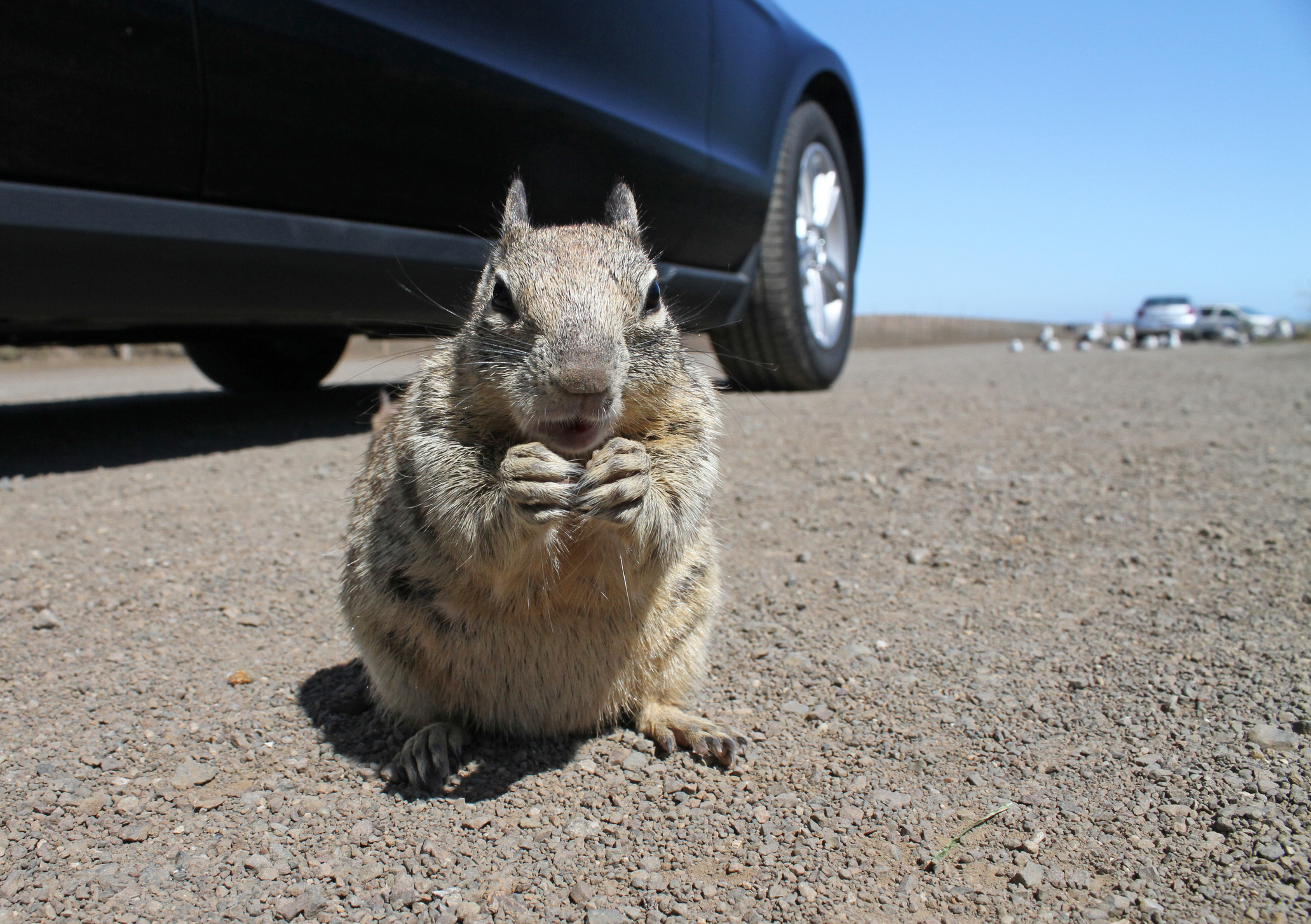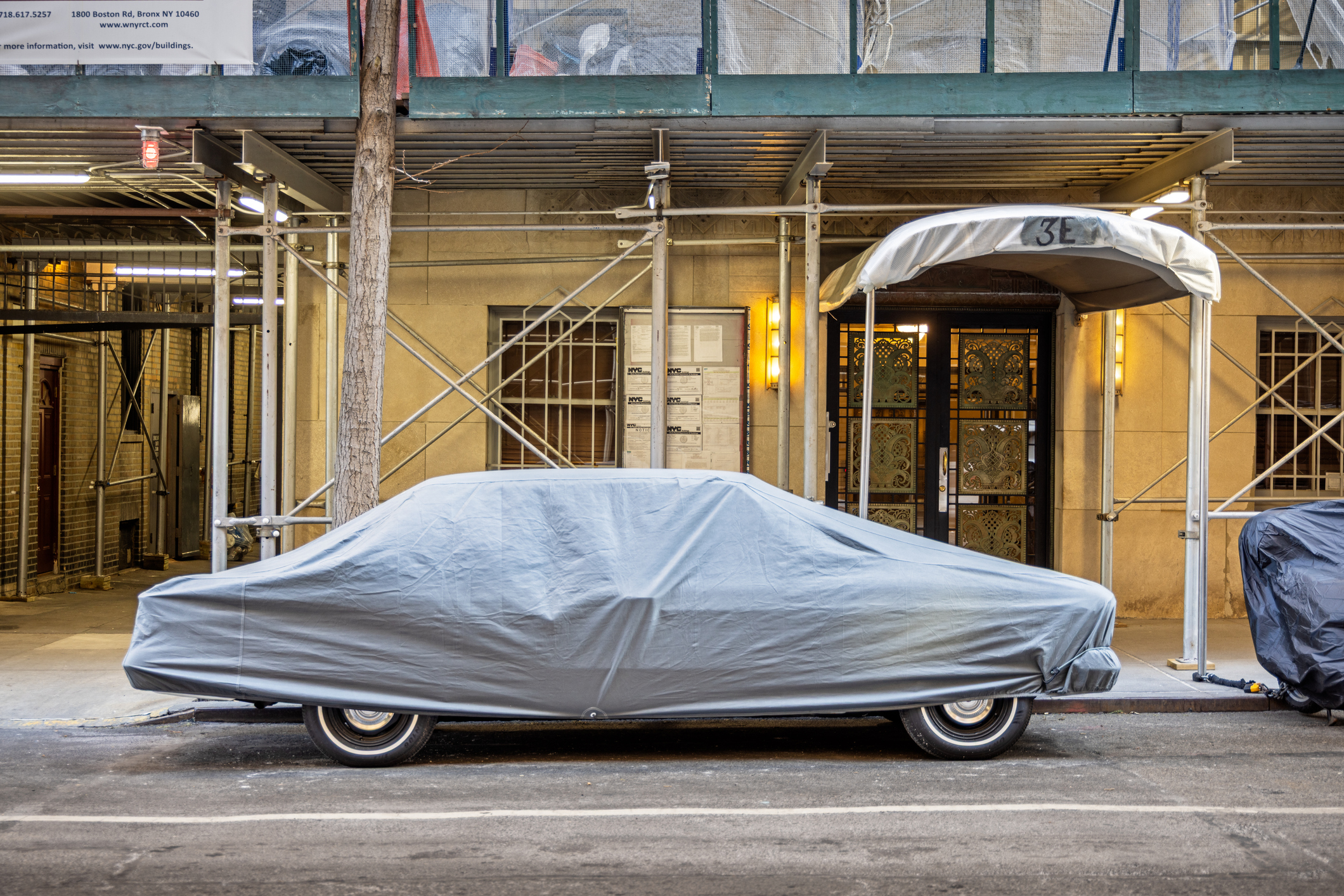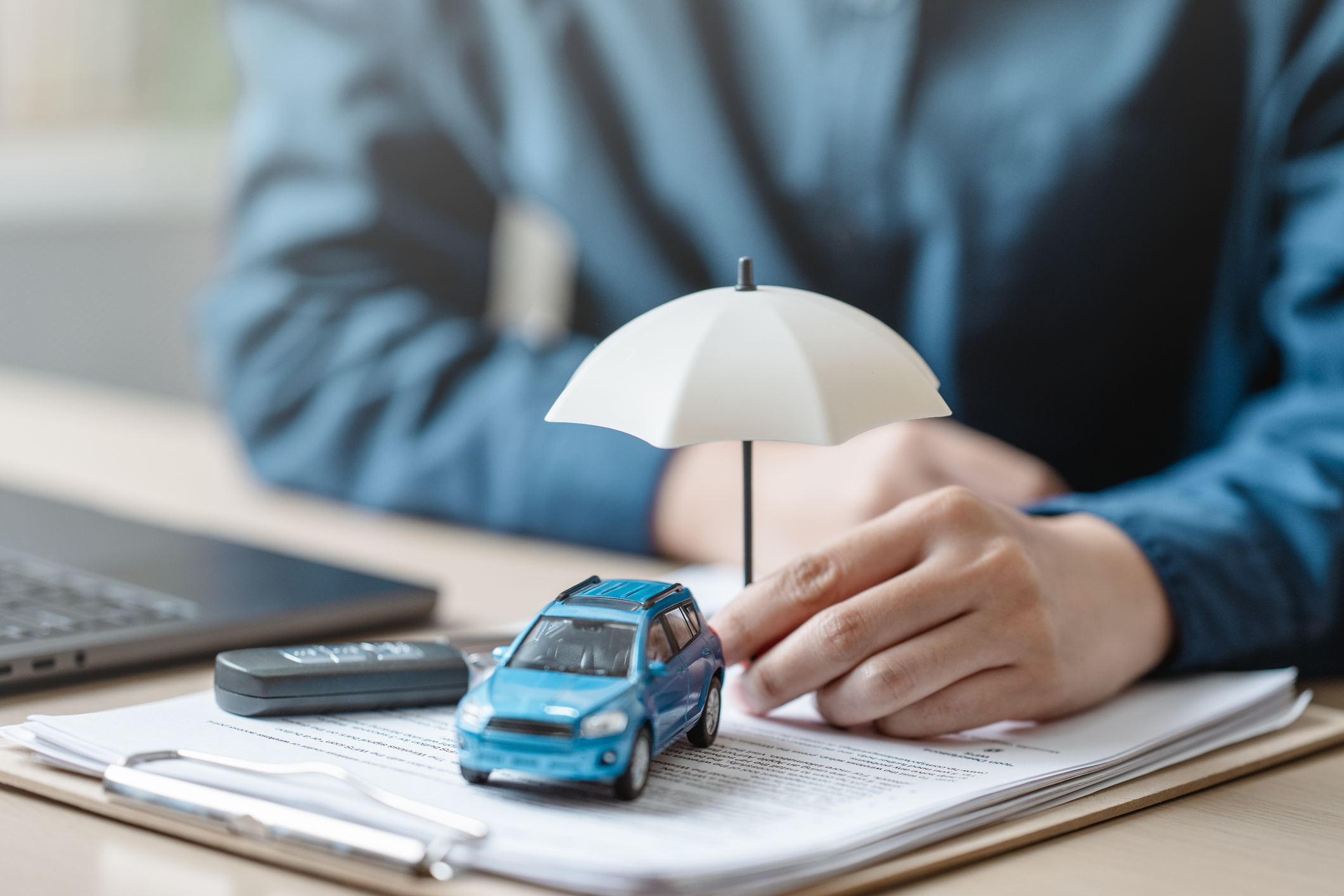A Nasty Surprise Awaits Snowbirds: Thousands in Unexpected Bills
Before leaving your home for the winter, remember to do this one thing, or else you might face an expensive repair bill upon return.


Profit and prosper with the best of Kiplinger's advice on investing, taxes, retirement, personal finance and much more. Delivered daily. Enter your email in the box and click Sign Me Up.
You are now subscribed
Your newsletter sign-up was successful
Want to add more newsletters?

Delivered daily
Kiplinger Today
Profit and prosper with the best of Kiplinger's advice on investing, taxes, retirement, personal finance and much more delivered daily. Smart money moves start here.

Sent five days a week
Kiplinger A Step Ahead
Get practical help to make better financial decisions in your everyday life, from spending to savings on top deals.

Delivered daily
Kiplinger Closing Bell
Get today's biggest financial and investing headlines delivered to your inbox every day the U.S. stock market is open.

Sent twice a week
Kiplinger Adviser Intel
Financial pros across the country share best practices and fresh tactics to preserve and grow your wealth.

Delivered weekly
Kiplinger Tax Tips
Trim your federal and state tax bills with practical tax-planning and tax-cutting strategies.

Sent twice a week
Kiplinger Retirement Tips
Your twice-a-week guide to planning and enjoying a financially secure and richly rewarding retirement

Sent bimonthly.
Kiplinger Adviser Angle
Insights for advisers, wealth managers and other financial professionals.

Sent twice a week
Kiplinger Investing Weekly
Your twice-a-week roundup of promising stocks, funds, companies and industries you should consider, ones you should avoid, and why.

Sent weekly for six weeks
Kiplinger Invest for Retirement
Your step-by-step six-part series on how to invest for retirement, from devising a successful strategy to exactly which investments to choose.
Picture this: You leave the ashen skies and teeth-chattering confines of winter for the sunny and warm pastures of your favorite winter destination. Relaxed, you return in the spring only to open your garage and find a horror awaiting you. While you were gone, your prized vehicle became an all-you-can-eat buffet for rodents.
This happened to Ken Huening, CEO of CoverSeal, on two occasions. "My BMW i8 was eaten twice. I tried dryer sheets, rodent traps, and other solutions, but none of them worked." On one of these occasions, it cost $18,000 to repair his vehicle.
And if you don't have the right insurance coverage, you could be on the hook for this bill. That's why, with Ken's help, we'll cover some tips to help you protect your vehicle from a rodent harvest. I'll also include insurance tips to ensure you have the financial protection you need.
From just $107.88 $24.99 for Kiplinger Personal Finance
Become a smarter, better informed investor. Subscribe from just $107.88 $24.99, plus get up to 4 Special Issues

Sign up for Kiplinger’s Free Newsletters
Profit and prosper with the best of expert advice on investing, taxes, retirement, personal finance and more - straight to your e-mail.
Profit and prosper with the best of expert advice - straight to your e-mail.
Why do rodents use vehicles?

"Rodents use vehicles to hide from predators," remarks Huening. Once they find a safe hiding spot, they use it to eat, have babies and leave droppings. These droppings are scent breadcrumbs they'll use to return to the scene of the crime.
As rodents develop, so do their teeth. And they need to gnaw on something to keep their teeth from becoming too big, or else they won't be able to eat.
Since many rodents house themselves in battery or engine compartments, it's only natural that they find wires to chew on. They'll also chew on wires and other components to make way for their family members, which sounds cute on the surface, until you receive the repair bill.
"The average cost of a rodent repair bill is $2,500," Huening added. However, if you have a foreign or luxury vehicle, components are harder to replace, meaning you could easily add another zero to that repair bill.
Moreover, it can take months to complete the repair process. In some cases, that can extend to a year if parts are difficult to find.
Therefore, if you plan to travel this winter, knowing how to protect your vehicle is essential.
Rodent-proof your ride. Here's how.

Fortunately, with a few preventative measures, you can lower the risk of costly damage and keep your car safe while you’re away.
Best practices for storing your car inside
If you plan to park your vehicle indoors, Ken has a few tips to help. "The first of which is to pop your hood some. Rodents don't like being exposed for fear of being found by predators, so popping your hood can prevent them from using it as a nest."
The second tip is to seal your garage door. Doing so creates a barrier that doesn't allow rodents to enter in the first place. How do you seal it? You can use foam weather stripping to seal any cracks or holes.
It's also vital not to store any food in your garage, as that's like a neon welcome sign to usher them in.
Best practices for storing your car outside
Meanwhile, if you plan to store your vehicle outdoors, location is paramount. "You don't want to park your vehicle near a food tree because what happens is animals forage for food, then take it somewhere safe to eat. And if your vehicle is nearby, it creates the perfect nest for them," added Ken.
Other places to refrain from parking your vehicle include sewer drains or near downspouts, which are rodent superhighways. Similar to indoors, you can pop the hood to keep rodents out, but then the weather becomes another concern. Therefore, the smartest approach is to keep your vehicle away from areas where animals gather.
You can also use a car capsule. These are like a snowglobe for your car that'll protect it from any intrusions.
Lastly, you can also consider a car cover. Reputable car covers provide 360-degree protection with a weighted bottom to ensure it stays on your vehicle, whether you're gone one day or one year. They prevent pest intrusions to keep your car in showroom quality upon your return.
This is important too because rodent damage can impact another aspect of your finances.
Add another barrier of protection with the right car insurance policy

Rodent damage has become a billion-dollar problem for the insurance industry. Ken remarked, "Insurance companies are modifying their comprehensive policies away from covering vehicle damage from animals."
It means it's vital to check with your insurance carrier to ensure your comprehensive coverage includes animal damage. If it doesn't, then you'll want to shop around with other carriers.
You can do so quickly using the tool below, powered by Bankrate:
Another consideration is your deductible. Your deductible is the amount you must pay before your insurance carrier satisfies its portion of the claim. You want to strike a balance between maintaining affordable premiums and being able to pay out-of-pocket to settle your deductible.
Ultimately, rodent damage can happen to your vehicle whether you're traveling somewhere warm for the winter or just leaving it outside. Ken's Bentley incurred damage from rats within a day. Therefore, it's vital to consider the location where you park your vehicle and buy a proper cover or capsule to keep it protected.
What's more, make sure to examine your insurance policy, as some carriers are discontinuing coverage due to animal damage. Doing these things ahead of time can keep your vehicle safe and give you peace of mind when you travel over the winter.
Related content
Profit and prosper with the best of Kiplinger's advice on investing, taxes, retirement, personal finance and much more. Delivered daily. Enter your email in the box and click Sign Me Up.

Sean is a veteran personal finance writer, with over 10 years of experience. He's written finance guides on insurance, savings, travel and more for CNET, Bankrate and GOBankingRates.
-
 The New Reality for Entertainment
The New Reality for EntertainmentThe Kiplinger Letter The entertainment industry is shifting as movie and TV companies face fierce competition, fight for attention and cope with artificial intelligence.
-
 Stocks Sink With Alphabet, Bitcoin: Stock Market Today
Stocks Sink With Alphabet, Bitcoin: Stock Market TodayA dismal round of jobs data did little to lift sentiment on Thursday.
-
 Betting on Super Bowl 2026? New IRS Tax Changes Could Cost You
Betting on Super Bowl 2026? New IRS Tax Changes Could Cost YouTaxable Income When Super Bowl LX hype fades, some fans may be surprised to learn that sports betting tax rules have shifted.
-
 How Much It Costs to Host a Super Bowl Party in 2026
How Much It Costs to Host a Super Bowl Party in 2026Hosting a Super Bowl party in 2026 could cost you. Here's a breakdown of food, drink and entertainment costs — plus ways to save.
-
 3 Reasons to Use a 5-Year CD As You Approach Retirement
3 Reasons to Use a 5-Year CD As You Approach RetirementA five-year CD can help you reach other milestones as you approach retirement.
-
 How to Watch the 2026 Winter Olympics Without Overpaying
How to Watch the 2026 Winter Olympics Without OverpayingHere’s how to stream the 2026 Winter Olympics live, including low-cost viewing options, Peacock access and ways to catch your favorite athletes and events from anywhere.
-
 Here’s How to Stream the Super Bowl for Less
Here’s How to Stream the Super Bowl for LessWe'll show you the least expensive ways to stream football's biggest event.
-
 The Cost of Leaving Your Money in a Low-Rate Account
The Cost of Leaving Your Money in a Low-Rate AccountWhy parking your cash in low-yield accounts could be costing you, and smarter alternatives that preserve liquidity while boosting returns.
-
 This Is How You Can Land a Job You'll Love
This Is How You Can Land a Job You'll Love"Work How You Are Wired" leads job seekers on a journey of self-discovery that could help them snag the job of their dreams.
-
 We Inherited $250K: I Want a Second Home, but My Wife Wants to Save for Our Kids' College.
We Inherited $250K: I Want a Second Home, but My Wife Wants to Save for Our Kids' College.He wants a vacation home, but she wants a 529 plan for the kids. Who's right? The experts weigh in.
-
 4 Psychological Tricks to Save More in 2026
4 Psychological Tricks to Save More in 2026Psychology and money are linked. Learn how you can use this to help you save more throughout 2026.